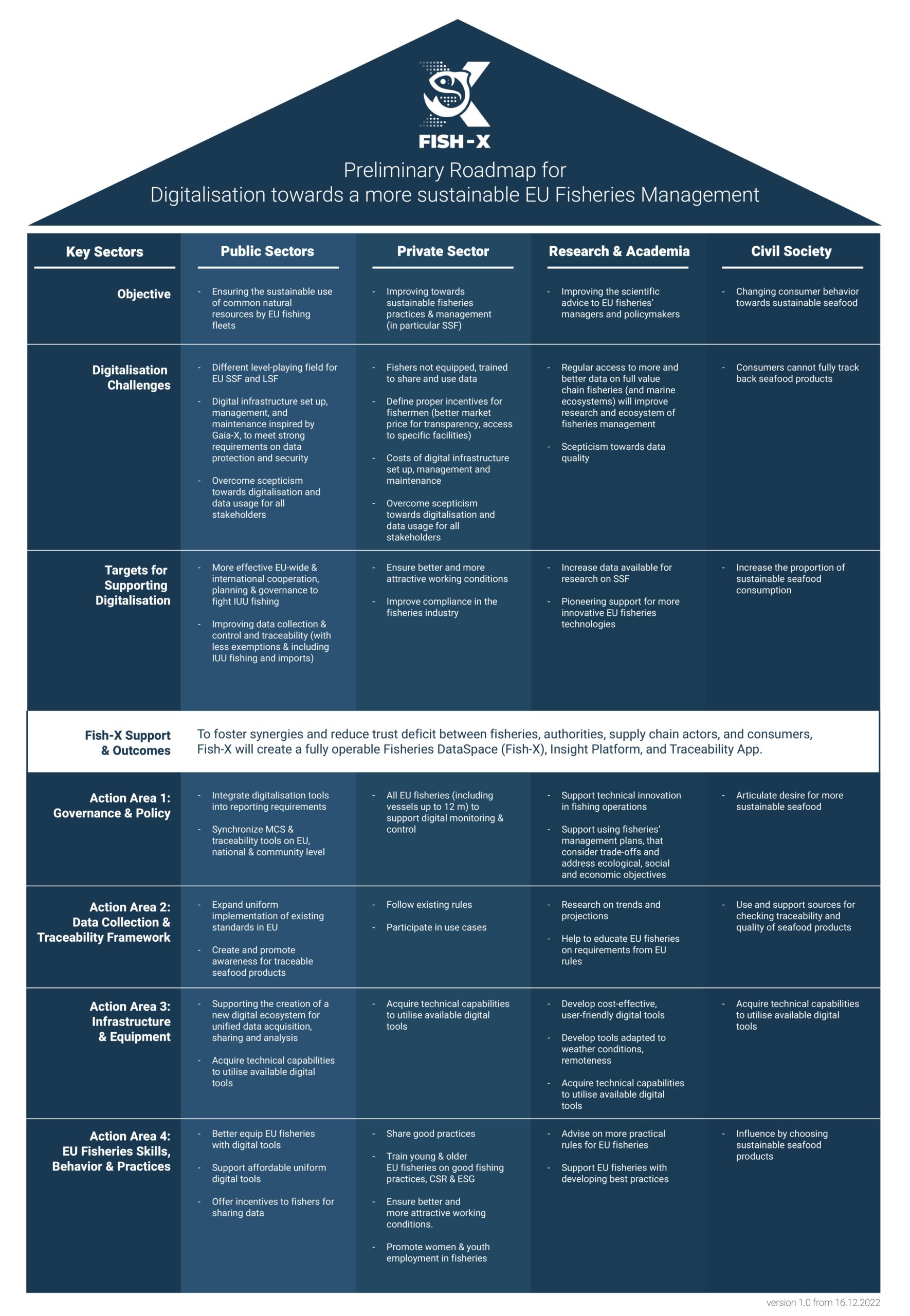Fish-X Goals
The goals of Fish-X Project are defined as follows:
- Fight Illegal, Unreported, and Unregulated (IUU) fishing
- Promote a sustainable use of common natural resources
- Support honest fishers and help generate fair economic returns
- Foster synergies between fisheries, authorities, supply chain actors, and consumers
- Advance the digital transition for small-scale and recreational fisheries
- Contribute to traceable, healthy, and sustainable food
Key Features
The Fish-X project is co-funded by the EU and consists of different work packages and deliverables that are being carried out by the respective consortium partners of the project.
WP1
Project Management-
This work package deals with the coordination and management of the project, adhering to internal and external reporting obligations, delivering the project within budget and planned timeline by managing risks and ensuring clear communication between all consortium partners and project stakeholders.
WP2
Assessment, Roadmap-
This work package deals in continuous stakeholder consultation, engaging with key fisheries agencies, advocacy with governmental departments, international fisheries bodies, and industry organisations to establish MCS, digital transition and needs on all sides, including engaging with SSF and recreational fisheries stakeholders.
WP3
Fish-X (Fisheries DataSpace)-
This work package deals in development of prototype, testing it, and developing the novel fisheries Dataspace: Fish-X.
WP4
Insight Platform-
This work package deals in development and exploitation of the Insight Platform. The Insight Platform is hosted in the cloud, and delivers a general of Small-Scale Fishing activities from vessels taking part to the Fish-X demos in Ireland, Portugal and Croatia. It illustrates how SSF could become more visible by sharing statistics about their vessels’ locations and fishing effort. The Insight Platform uses artificial intelligence to convert vessels tracks into apparent fishing effort.
WP5
MCS Use Cases-
This work package deals in the testing of the Insight Platform and associated hardware on fishing vessels in three different locations with a range of actors.
WP6
Traceability Application-
This work package deals in development of an MVP traceability platform for fisheries products based on existing developed blockchain traceability platform for sustainability and engaging the supply chain actors in the process.
WP7
Dissemination, Exploitation, and Communication-
This work package deals in dissemination, exploitation and communications activities including events management, website and social media channels management, engagement with key actors identified for the project such as Private Sector (SSF and recreational fisheries), Public Sector (policymakers, regulators, industry associations), Scientific and Research Institutes, and Civil Society (media and general public).
WP8
Ethics Requirements-
This work package deals in ensuring compliance with the 'ethics requirements' set out in this project since ethics compliance is the utmost responsibility of all the partners involved in the project.
Fish-X Outcomes and Impact
The main outcomes and impact of Fish-X Project are elaborated hereunder:
Fish-X Dataspace
The Fish-X Dataspace will enable the creation of a data ecosystem. A common-place where fisheries related data can be offered to those institutions and services that require or desire information of fish catch or vessel monitoring systems. Building on Gaia-X federation services, data owners can ensure reliable and trustworthy ways of exchanging data, while keeping full control of their data. By offering this digital solution, the establishment of information transfer can not only satisfy regulatory requirements but also provide an added value to fisheries data utilisation and commodity value.
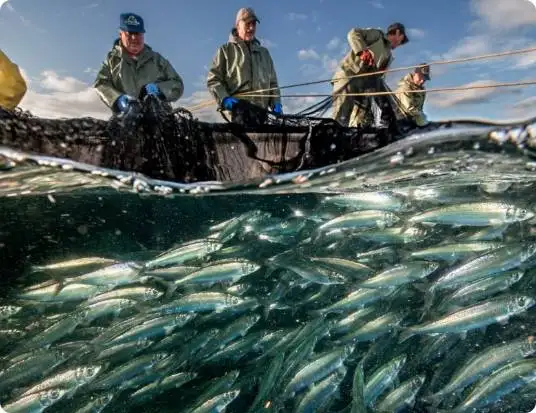
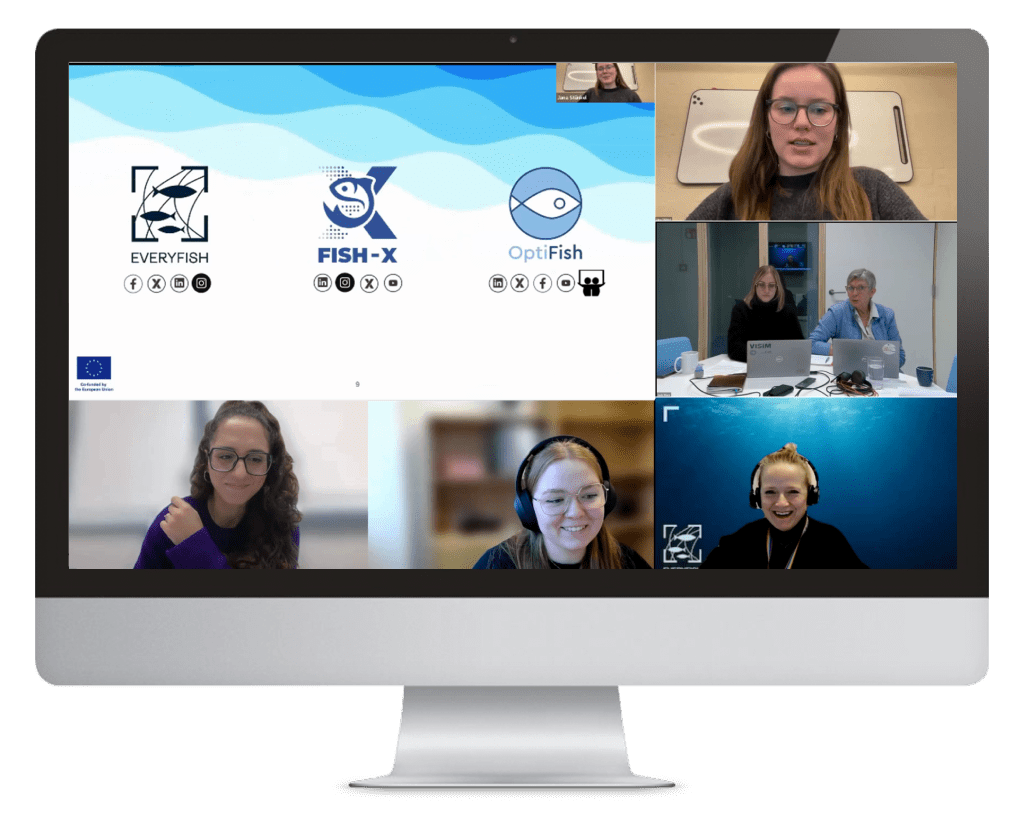
Fish-X Insight Platform
The Insight Platform is a user-friendly web-based interface to visualise and better understand fishing activities. It uses together vessels locations, activity reports, and environmental data to analyse the patterns of fishing activities. It supports the adaptation of digital systems for small-scale fishing boats and allows to share general information while protecting fishers’ privacy.
Key features are:
Key features are:
- Small-scale fishing activities from 110 vessels participating in the demos
- Map visualization of time spent and fishing effort in each area
- Using Artificial Intelligence for identification of fishing gears and fishing effort
- Run on Big Data Technologies
- Simple user interface
Fish-X Traceability Application
The Fish-X traceability application will aim at providing the highest possible degree of transparency across European seafood supply chains, while also adopting the overall Fish-X project focus of SSF. It targets efficient traceability of the seafood supply chain from point of catch to final point of sale. Following the approach of digital traceability and utilising blockchain technology, it will be ensured that the relevant data necessary for a transparent display of the supply chains is recorded and transmitted for every step of a seafood product. The Fish-X traceability application will furthermore be developed in a user-friendly and easy-to-use manner to secure a successful implementation.
Key features are:
Key features are:
- Efficient traceability and transparent supply chains of seafood products
- Increased visibility of SSF
- Enabling an informed consumer decision making process
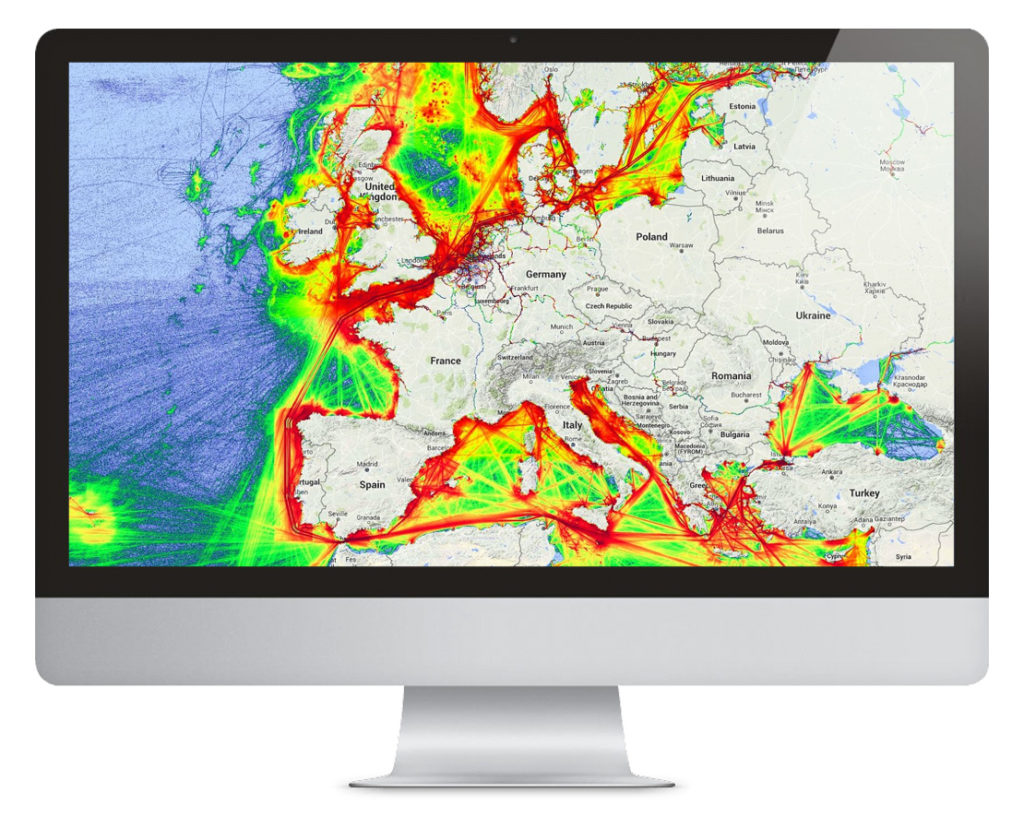
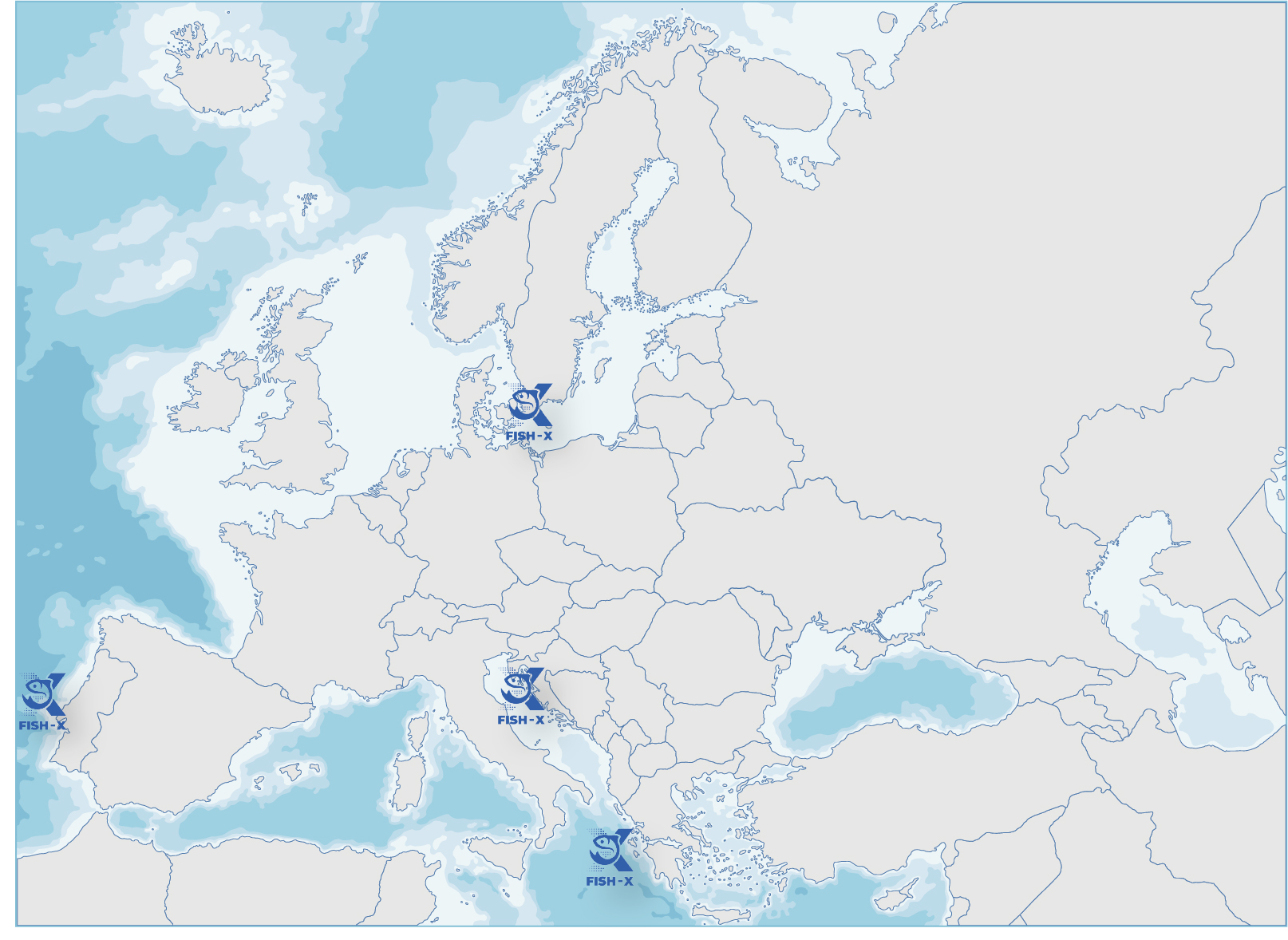
Technology Use Cases
The Fish-X Project will produce three technology use cases, throughout which the implementation of the developed digital tools will be tested in order to analyse and report on their respective utility and performance with regard to currently prevailing challenges in SFF.
For this use case, Croatia has been selected for the importance of SSF and recreational fisheries to monitor their environmental impact. Some Greek fishers might be selected in cooperation with STARFISH project, which has already installed VMS tracking devices NEMO on 70 small fishing boats along with some other interested groups. Engagement actions will promote acceptance by small-scale fishers of digital tools like electronic logbooks, and electronic gear marking. Practical demonstrations will be organised with local partners, addressing various types of VMS solutions, sea trials of electronic gear tracking, for lost gear recovery, verification of landings and fishing effort, log REM events etc. Digital tools will be defined by the needs as expressed by testing partners to encourage uptake of technologies and remove access and skills barriers. The target is to integrate monitoring and testing into the Insight platform.
This use case will monitor compliance with new fisheries regulations (VMS, electronic logbook, landing declaration) in Atlantic fisheries from Portuguese and/or Spanish communities. This would include VMS tracks anonymised, verification of consistence between landings and fishing effort Met-ocean and cetacean distribution maps (index of risk of cetacean bycatch), and other onboard digital tools to be defined by the needs as expressed by testing partners to encourage uptake of technologies and remove access and skills barriers. The target is to integrate monitoring and testing data into the insight platform.
The Baltic/Northern Sea use case will target German fisheries (potentially to be expanded to other Baltic countries if found feasible) to focus on traceability and promote the acceptance of the Fish-X traceability application by small-scale fishers. The overall aim is to establish an efficient traceability framework which builds on the tools and systems already in place within the sector (e.g. VMS tracks, electronic logbooks, landing declarations). The development of the traceability application will be based on continuous feedback from stakeholders throughout the fisheries supply chain and in consultation with a few selected testing partners. The final traceability application will thus be in close alignment with the specific needs as expressed by relevant actors as well as designed with a strong focus on the consumers.
EU Fisheries Roadmap for Digitalisation
One of the primary goals of Fish-X Project is to create a roadmap that will support the digitalisation of the Fisheries Industry across Europe by addressing the main challenges that may hinder its progress and ensuring its smooth implementation. Throughout the roadmap four major action areas have been formulated (see Fish-X diagram). Additionally, by carrying out a thorough stakeholder analysis, various stakeholders have been identified as key elements with regard to a successful digitalisation of EU SSF.

Policy Recommendations
The Fish-X Project also targets to present policy recommendations that may cover aspects of EU fisheries. Small-scale fisheries usually face a lot of challenges and so do the people associated with them. The Fish-X Project aims to support small-scale fisheries and provide protection to their businesses through digitalisation and innovation. Research is another key area of the Fish-X Project, and the development of research papers and resources is one of the goals where scientific bodies, institutions, as well as other interested parties can contribute and support the generation of valuable insights of the project. Marine biodiversity and the protection of the endangered species are two areas of great concern; therefore, the Fish-X project intends to integrate these issues throughout its overall project strategy. As such the project will actively contribute to the conservation of marine biodiversity and the protection of endangered species with its knowledge, research, and best practices that may help the cause.
White Papers
White Papers are another key component of the Fish-X Project based on the consultation with stakeholders at multiple levels to identify the challenges prevailing across EU small scale fisheries, their potential solutions, recommendations, and evaluate the readiness of the fisheries towards digitalisation and become more sustainable.


